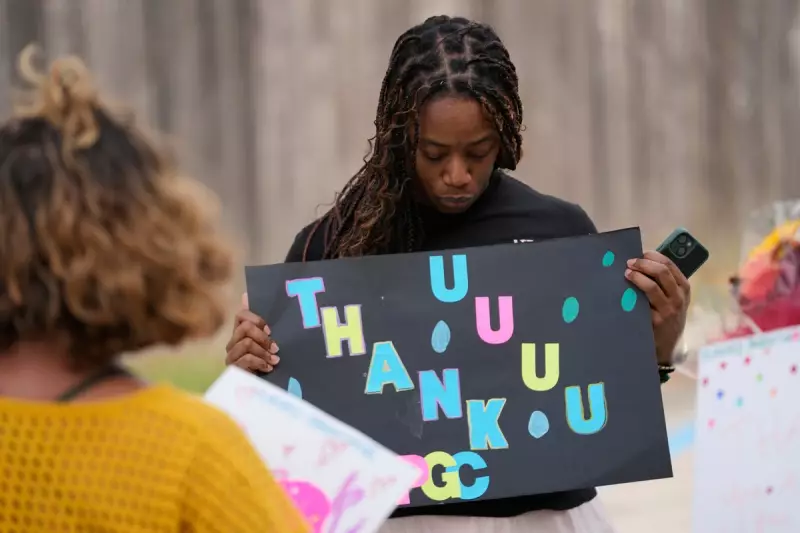
In a controversial move that could reshape healthcare access across Louisiana, the state has become the first in America to officially exclude Planned Parenthood from its Medicaid programme. This dramatic decision threatens to leave thousands of low-income residents without critical reproductive healthcare services.
Healthcare Access Under Threat
The Louisiana Department of Health formally notified Planned Parenthood Gulf Coast that their facilities will no longer receive Medicaid reimbursements starting September 18th. This unprecedented action follows similar attempts in other Republican-led states, though Louisiana marks the first successful implementation of such a ban.
State officials claim the decision stems from Republican Governor Jeff Landry's longstanding opposition to abortion services, despite Planned Parenthood maintaining that abortion constitutes only a fraction of their healthcare provision in Louisiana.
Devastating Impact on Vulnerable Communities
Healthcare advocates warn this decision will have catastrophic consequences for Medicaid recipients who rely on Planned Parenthood for essential services including:
- Cancer screenings and prevention
- Sexually transmitted infection testing and treatment
- Contraception and family planning services
- General wellness examinations
Planned Parenthood Gulf Coast currently operates two health centres in Louisiana—in New Orleans and Baton Rouge—serving approximately 7,000 patients annually, with about half relying on Medicaid coverage.
Legal Battles and Political Context
This development occurs against the backdrop of increasing restrictions on reproductive rights across multiple US states following the Supreme Court's overturning of Roe v. Wade. Louisiana itself has implemented a near-total abortion ban, making access to other reproductive healthcare services even more critical.
Similar attempts to defund Planned Parenthood in other states have faced legal challenges, with courts often ruling that states cannot exclude qualified healthcare providers from Medicaid without sufficient cause.
What Comes Next?
Planned Parenthood has vowed to fight the decision through legal channels, while healthcare advocates scramble to find alternative providers for affected patients. The situation highlights the ongoing political battles surrounding reproductive healthcare access in America and raises questions about how far states can go in restricting Medicaid patients' choice of providers.
As the September deadline approaches, thousands of Louisiana residents face uncertainty about where they will receive essential healthcare services, potentially creating healthcare deserts in regions already struggling with medical provider shortages.





